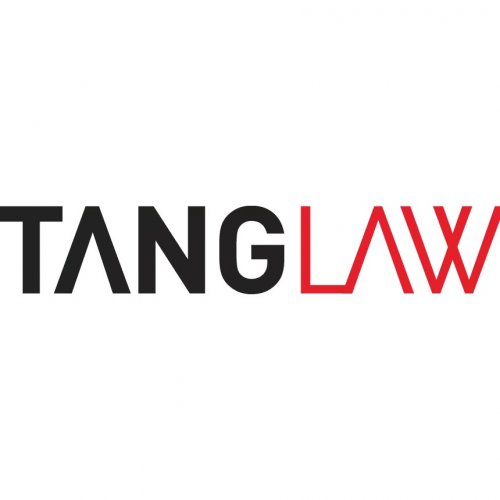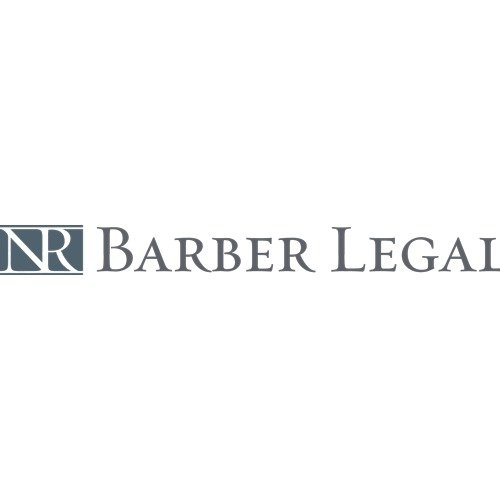Best Job Discrimination Lawyers in Perth
Share your needs with us, get contacted by law firms.
Free. Takes 2 min.
List of the best lawyers in Perth, Australia
About Job Discrimination Law in Perth, Australia:
Job discrimination, also known as workplace discrimination, is illegal in Perth and throughout Australia. It pertains to treating someone less favourably due to certain attributes such as their race, color, national or ethnic origin, gender, pregnancy, religion, sexual orientation, disability or age. The laws governing job discrimination in Perth fall under the broader scope of Australian Federal Law, specifically, the Fair Work Act 2009 and a range of anti-discrimination legislation. Whether it's pay inequality, hiring bias, or other forms of discrimination, these legal provisions provide protection.
Why You May Need a Lawyer:
Victims of job discrimination often require legal representation to understand, navigate, and enforce their rights. You may need a lawyer if you have been unfairly treated during recruitment, denied equal pay for equal work, subjected to harassment in the workplace, unfairly dismissed, or experienced bias due to your personal attributes. Legal help might also be necessary if you need to lodge a complaint of workplace discrimination with the Fair Work Commission or the Australian Human Rights Commission.
Local Laws Overview:
The key legislation detailing job discrimination in Perth includes the Fair Work Act 2009, the Australian Human Rights Commission Act 1986, Racial Discrimination Act 1975, Sex Discrimination Act 1984, Disability Discrimination Act 1992, and Age Discrimination Act 2004. These laws, enforced at a federal level, are complemented by state laws such as the Equal Opportunity Act 1984 (WA), which provide additional protection for employees in Western Australia.
Frequently Asked Questions:
What constitutes job discrimination?
Job discrimination occurs when an employee or job applicant is treated less favorably because of their race, color, sex, sexual orientation, age, physical or mental disability, marital status, family or carer’s responsibilities, pregnancy, religion, political opinion, national extraction, or social origin.
What should I do if I encounter job discrimination?
If you believe you are being subjected to job discrimination, you should document the instances, seek legal advice, and lodge a complaint with the relevant authority such as the Fair Work Commission or the Australian Human Rights Commission.
Can I be dismissed for lodging a complaint?
No, it is unlawful to victimise a person because they have made, or propose to make a complaint about job discrimination. This protection covers situations within or outside the workplace.
What kind of outcomes can I expect from making a complaint?
Outcomes can vary depending on the nature of the complaint. They range from an apology, changes to the workplace policies, compensation for loss of wages, to reinstatement in the case of unfair dismissal.
How long does the complaint process take?
The process can vary largely depending on the complexity of the complaint and the response of the alleged offender. It's best to seek legal advice for a clearer timeline.
Additional Resources:
Governmental bodies that provide assistance and information in the realm of job discrimination include the Australian Human Rights Commission, the Fair Work Commission, and the Western Australia Equal Opportunity Commission. Additionally, numerous NGOs and advocacy groups offer support in specific areas of discrimination, such as gender, age, and disability rights.
Next Steps:
If you need legal assistance with job discrimination, consider reaching out to a legal professional specialising in employment law. They can help articulate your rights and guide through the process of filing a complaint and seeking redress. Additionally, do not hesitate to contact the relevant organisations or governmental bodies for advice and support.
Lawzana helps you find the best lawyers and law firms in Perth through a curated and pre-screened list of qualified legal professionals. Our platform offers rankings and detailed profiles of attorneys and law firms, allowing you to compare based on practice areas, including Job Discrimination, experience, and client feedback.
Each profile includes a description of the firm's areas of practice, client reviews, team members and partners, year of establishment, spoken languages, office locations, contact information, social media presence, and any published articles or resources. Most firms on our platform speak English and are experienced in both local and international legal matters.
Get a quote from top-rated law firms in Perth, Australia — quickly, securely, and without unnecessary hassle.
Disclaimer:
The information provided on this page is for general informational purposes only and does not constitute legal advice. While we strive to ensure the accuracy and relevance of the content, legal information may change over time, and interpretations of the law can vary. You should always consult with a qualified legal professional for advice specific to your situation.
We disclaim all liability for actions taken or not taken based on the content of this page. If you believe any information is incorrect or outdated, please contact us, and we will review and update it where appropriate.

















